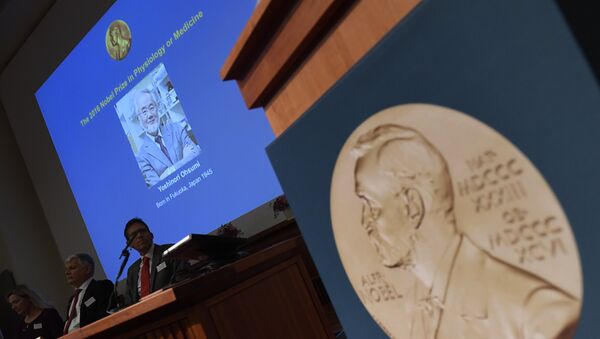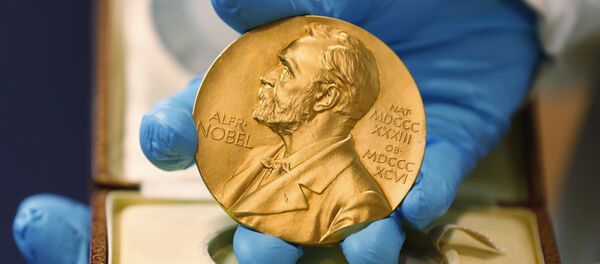"His discoveries opened the path to understanding the fundamental importance of autophagy in many physiological processes, such as in the adaptation to starvation or response to infection. Mutations in autophagy genes can cause disease, and the autophagic process is involved in several conditions including cancer and neurological disease," the statement added.
Ohsumi, born in 1945, is currently a professor at the Tokyo Institute of Technology and focused on molecular biology when he was getting his first degree at the University of Tokyo. In the 1980s he began studying baker's yeast which led to a number of experiments uncovering the mechanisms of autophagy, a process of which until then very little had been known.
Autophagy is a process of cell destruction, which helps an organism respond to nutrient stress and removes damaged cell elements. Cancer researches are trying to pinpoint the process's role in battling cancer and whether it might be used as a tumor suppressor.


